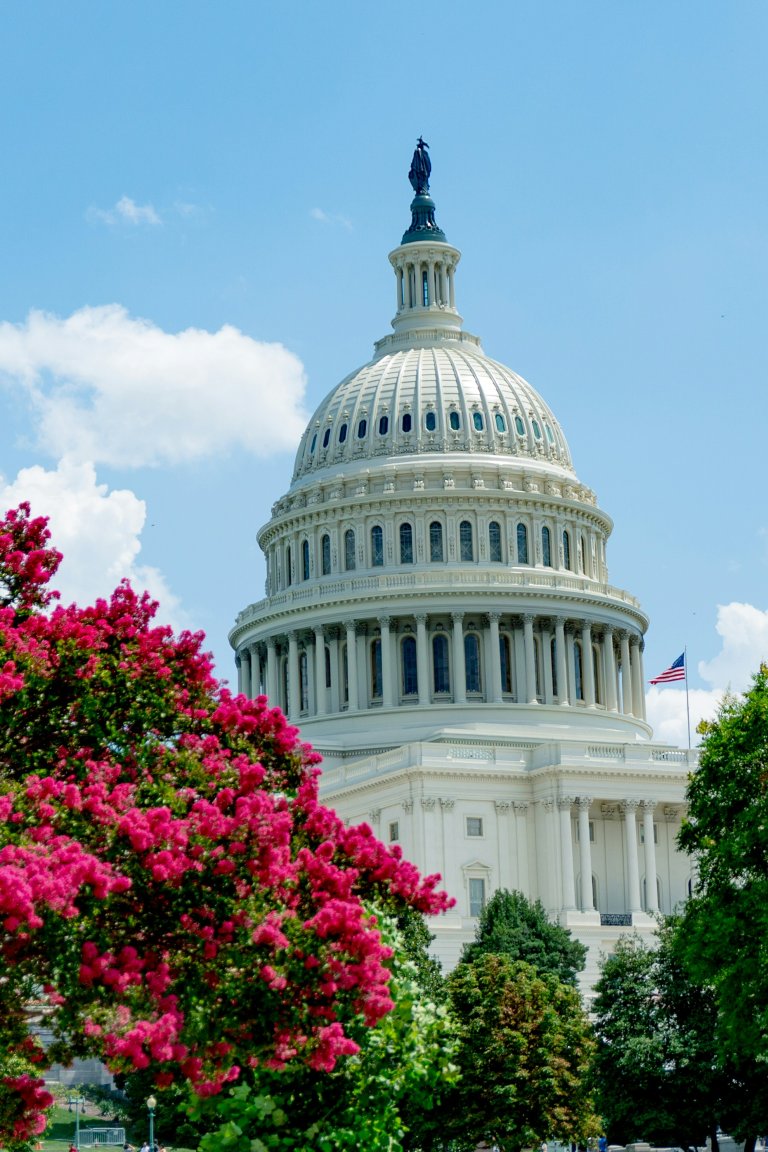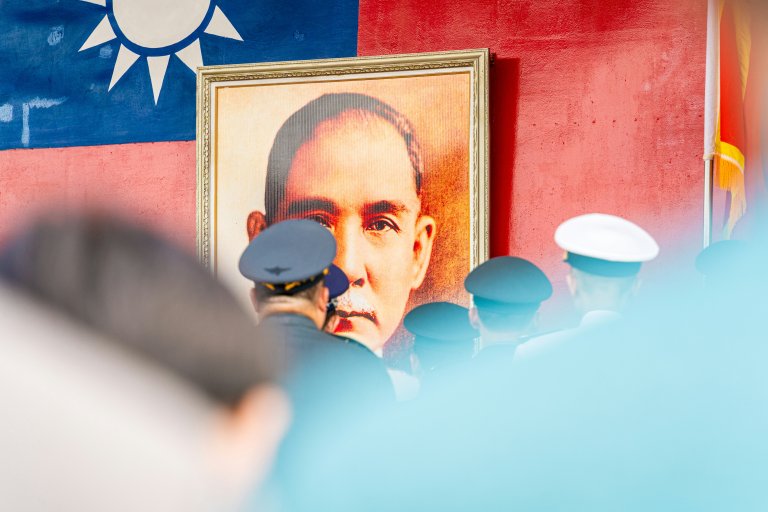Rebuilding the Democratic Republic of the Congo
The Democratic Republic of the Congo (DRC) has suffered decades of political instability, armed conflicts, and economic struggles. Despite being one of the richest countries in terms of natural resources, the DRC continues to face poverty, corruption, and underdevelopment.
History of Conflict
The DRC has a long history of conflict, dating back to its colonization by Belgium in the late 19th century. After gaining independence in 1960, the country experienced political and social unrest, which led to a series of dictatorships and military coups. The situation worsened in the 1990s, with the outbreak of civil wars and ethnic violence.
The two Congo Wars, from 1996 to 2003, resulted in millions of deaths and widespread destruction of infrastructure. It also involved the intervention of neighboring countries and rebel groups, further destabilizing the region. The Second Congo War is considered the deadliest conflict since World War II, and its impact is still felt in the DRC today.
Economic Challenges
The DRC has immense natural resources, including diamonds, gold, copper, and cobalt. However, much of its wealth has been exploited by foreign companies and corrupt politicians, with little benefit to the local population. The lack of infrastructure and a business-friendly environment has also hindered economic growth and foreign investment.
The country’s infrastructure, including roads, electricity, and water supply, has been severely damaged and neglected due to years of conflict. This has affected the transportation of goods and access to basic services, hindering economic development and leaving many people living in extreme poverty.
Steps Toward Rebuilding
Despite these challenges, the DRC has made progress in its journey towards rebuilding and stabilizing the country.
Political Reforms
One of the major steps taken towards rebuilding the DRC is the implementation of political reforms. In 2018, the country held its first peaceful transfer of power, with President Felix Tshisekedi taking office after years of authoritarian rule under former President Joseph Kabila. President Tshisekedi’s administration has implemented several reforms, including fighting corruption and promoting human rights.
The government has also launched a decentralization program, allowing for greater local autonomy and participation in decision-making. This has led to the election of more women and young people in local governments, promoting diversity and inclusivity.
Promoting Investment
The DRC has also taken steps to attract foreign investment and improve the business climate. In 2018, the country signed a new mining law that increased taxes and royalties for companies, resulting in higher revenues for the government. This move also aimed to address the issue of illegal mining and promote transparency in the sector.
The government has also invested in infrastructure projects, such as the Grand Inga Dam hydropower project, which has the potential to provide electricity to a substantial part of the African continent. The development of roads, ports, and airports has also improved the country’s transportation network, making it more attractive for investment.
Humanitarian Aid and Reconciliation
Efforts have also been made to address the humanitarian crisis in the DRC and promote reconciliation among different ethnic groups. The country has received aid from the international community to address the needs of internally displaced persons and refugees, providing them with food, shelter, and healthcare.
The government has also initiated peace talks with rebel groups and implemented programs to promote social cohesion and reconciliation among different communities. These efforts have helped reduce violence and promote stability in some parts of the country.
Challenges and the Way Forward
While progress has been made in rebuilding the DRC, there are still significant challenges that need to be addressed.
Security
The security situation in the DRC remains fragile, with ongoing conflicts in various regions, particularly in the eastern part of the country. The presence of rebel groups and armed militias, as well as the illegal exploitation of natural resources, continues to perpetuate violence and hinder development efforts.
Economic Inequality
The gap between the rich and poor in the DRC remains significant, with a large proportion of the population living in poverty. This economic inequality needs to be addressed through policies that promote inclusive economic growth and the equitable distribution of resources.
Corruption
Corruption remains a significant challenge in the DRC and has hindered development efforts for decades. The government needs to continue its fight against corruption and promote transparency and accountability in all sectors.
In conclusion, rebuilding the DRC is a long and challenging process, but progress has been made in recent years. The country has taken steps towards political stability, economic growth, and social reconciliation. However, more efforts are needed from the government, the international community, and the DRC’s own citizens to address the remaining challenges and bring about lasting change for the betterment of the country and its people.


